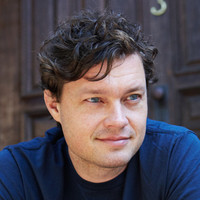The Con Artist Hired to Clean Ebola
During the financial crisis, Sal Pane ran a multimillion-dollar mortgage scam. A few years later, with the help of some high-profile media appearances and a dead man's resume, he won the government contract to clean up Ebola in New York.




